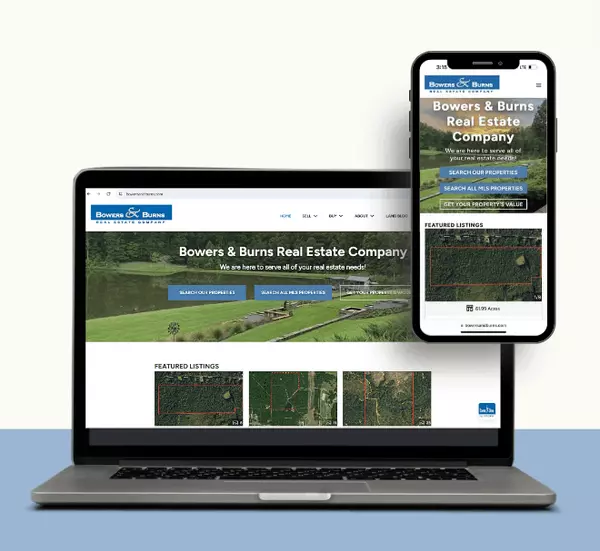Optimize Your Land Search: Create a Personal Dashboard for Customized Property Alerts

Introduction In today's fast-paced real estate market, finding the ideal property can often feel like searching for a needle in a haystack. Whether you're a buyer hunting for that perfect piece of land or dream home, or a seller aiming to grasp the value of similar properties in your area, having t
Read MoreFlying High: How Aerial Cars Can Revolutionize Land Viewing

Introduction Imagine cruising through the skies in your very own flying car, effortlessly surveying a potential piece of land from a bird's-eye view. No longer confined to the roads, you can now glide above creeks, dense timber, internal roads, and winding trails, all from the comfort of your aer
Read MoreIn-Depth Look at Newton County, GA Growth and Benefits of Buying Land

In-Depth Look at Newton County, GA Growth and Benefits of Buying Land Newton County, Georgia has experienced remarkable growth and development in recent years. Here’s a comprehensive overview of the key factors driving this growth and the benefits of investing in land in Newton County: Economic Boo
Read MoreDog Days of Summer: How Vacation Season Affects Land Sales

Dog Days of Summer: How Vacation Season Affects Land Sales Introduction The "Dog Days of Summer" bring with them scorching heat, lazy afternoons, and a noticeable lull in the real estate market, especially for land sales. As families pack their bags and head for vacations, the focus shifts fro
Read MoreFinding Your Dream Plot: A Comprehensive Guide to Securing the Perfect Parcel of Land

Finding that Perfect Parcel of Land Introduction The journey to finding your perfect parcel of land is both thrilling and challenging. Whether you're looking to make a sound investment, build your dream home, or develop a commercial project, choosing the right piece of land is a crucial step. With
Read More
Recent Posts







